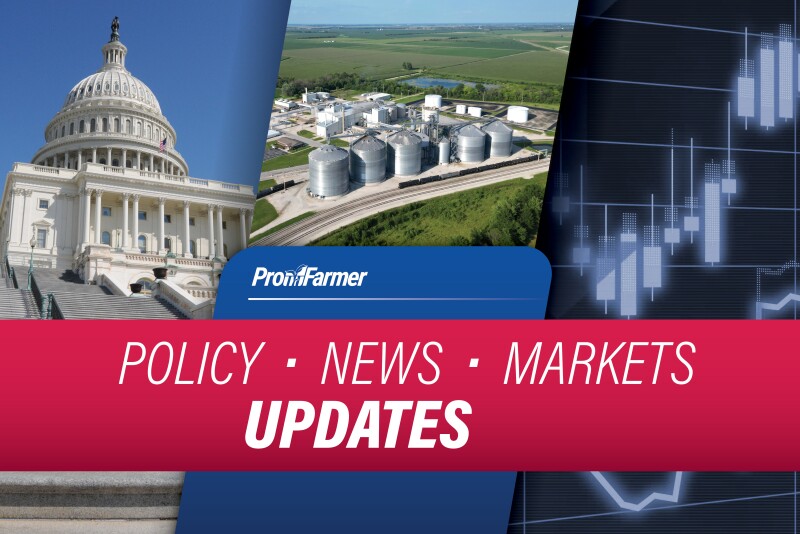Last-minute deal making ahead of Trump tariff implementation set for Aug. 1... The Trump administration is nearing several major trade agreements as a self-imposed July 9 deadline approaches. President Donald Trump and Treasury Secretary Scott Bessent confirmed that formal notifications of increased tariff rates will be sent out by July 9, with new tariffs set to take effect Aug. 1.
The administration’s 90-day pause on new tariffs, first announced April 2, expires July 9. Countries that fail to secure agreements by then will face higher U.S. tariffs, effective Aug. 1.
Most countries were hit with a base 10% tariff on April 2, but additional country-specific rates — some as high as 50% — are now set to be reinstated for those without new deals.
EU, U.S. near trade pact after Trump/Von der Leyen call... The European Union and U.S. are making headway toward a new trade agreement after a Sunday phone call between European Commission President Ursula von der Leyen and Trump, according to a commission spokesman. With the White House’s July 9 deadline looming, officials say negotiations are entering the “end game” and progress has been made, though final details are still being worked out. Von der Leyen remains in close contact with other EU leaders as talks continue.
South Korea seeks more time as U.S. tariff talks hit snags over tech, ag... South Korea is seeking to extend a 90-day suspension of 25% U.S. tariffs set to expire July 9, with talks slowed by disputes over tech regulation and agricultural market access.
Key sticking points:
- Digital rules: South Korea’s proposed regulations on big tech—seen as echoing the EU’s approach—have drawn U.S. criticism for potentially targeting firms like Google, Apple, and Meta, while sparing Chinese competitors. Seoul may delay the law amid trade tensions.
- Tech and data barriers: U.S. officials cite issues with South Korea’s network fees for streamers like Netflix and restrictions on Google and Apple’s use of mapping data, with a key decision due in August.
- Agriculture: The U.S. is pressing for greater access to South Korea’s beef, apple, and potato markets, but domestic resistance is strong. Seoul’s high rice tariff remains off the table.
- Other issues: Talks also touch on U.S. troop cost-sharing, industrial cooperation, and a possible Alaskan LNG project.
Trump threatens tariffs on BRICS-aligned nations... Trump said the U.S. will impose an additional 10% tariff targeting any nation that aligns itself with what he called the “Anti-American policies” of the expanded BRICS group. The warning, delivered via Truth Social, comes as leaders from Brazil, Russia, India, China, South Africa and several new BRICS members convene in Rio de Janeiro for their annual summit.
The BRICS summit statement criticized U.S. tariff policies, expressing concern over “unilateral tariff and non-tariff measures which distort trade.” Notably, China’s Xi Jinping and Russia’s Vladimir Putin are absent from the summit, sending senior officials instead. The agenda includes global cooperation, climate change and strategies to avoid triggering further U.S. trade retaliation.
Trump’s tariff threat serves as a warning to emerging markets considering closer BRICS ties, with economic risks for nations like India and Indonesia, which have strong trade with the U.S.
The outcome remains fluid as the U.S. readies new tariffs and BRICS nations weigh their response.

